What you need to know about Child Labor in Uganda
In recent years, Uganda has experienced a significant surge in child labor, rising from 14% in 2016/17 to 39.5% equivalent to 6.2 million children in
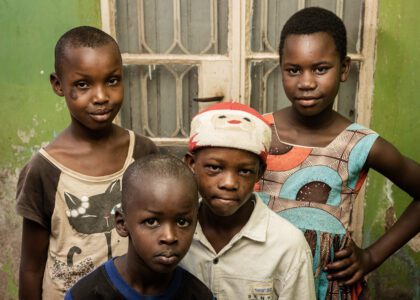
In Uganda, recent statistics indicate that the school dropout rate is notably high, particularlyamong girls.
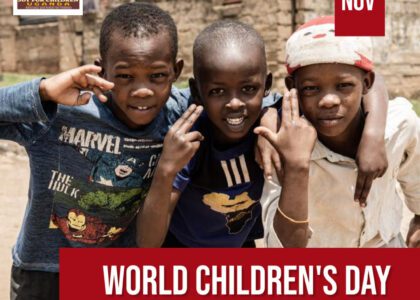
November 20th marks World Children’s Day, a global moment to reflect on children’s rights, celebrate
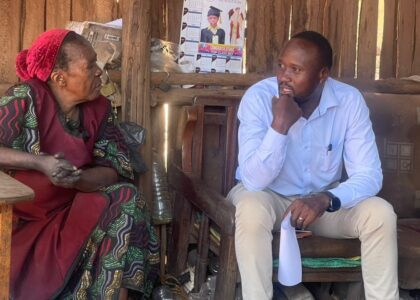
In the heart of Mulago , lives Jaja Margret, a 68-year-old woman who runs a charcoal business on Happy Street. Despite her age, Jaja Margret is the primary caregiver for her ten grandchildren, a responsibility that weighs heavily on her shoulders. Her story is not just one of personal struggle, it reflects the broader challenges faced by many families in this community.
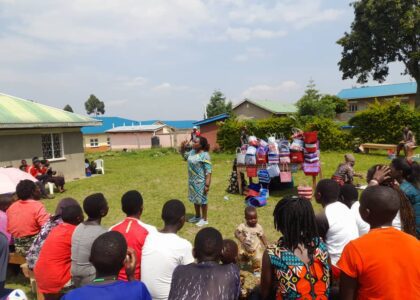
JFCU with support from CRVPF established safe spaces for out of school adolescents to hold weekly discussions facilitated by peer mentors using the life skills manual to build their esteem, help them make better choices, protect themselves against violence, promote behavior change through addressing harmful social norms that perpetuate VAC and community actions and also be able to plan more confidently for their future.
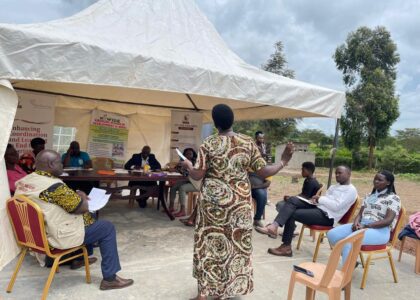
Cultural context significantly influences the acceptance of violence against children in Uganda. Traditional beliefs often regard physical punishment as a legitimate form of discipline, deeply rooted in community norms that emphasize obedience and respect for authority figures, such as parents and teachers.

Uganda is a country that is highly vulnerable to the impacts of climate change. The changing weather patterns are affecting agriculture, the main source of livelihood for many communities, leading to crop
failures and food shortages. This has forced families to resort to drastic measures to cope with the situation, including marrying off their young daughters in exchange for dowry payments.
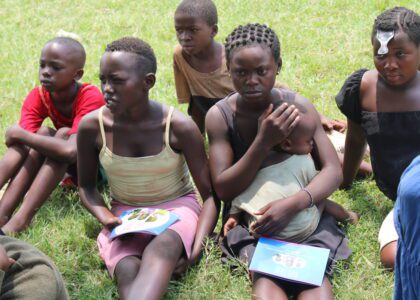
Education is an important tool in empowering girls and young women. When they stay in school they gain knowledge, skills and confidence which can help them make informed decision about their lives. However, in Uganda specifically in rural areas, many girls drop out of school early because of poverty, long distances to school, inadequate facilities and cultural beliefs that prioritize boys’ education over girls
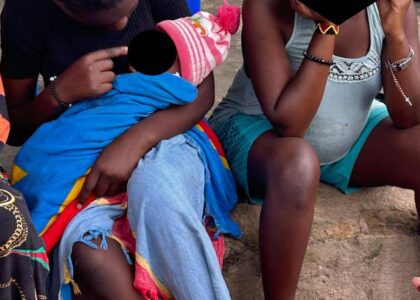
One of the main drivers of child marriage and teenage pregnancy in Uganda are the social, cultural norms and traditions as stated in the National Strategy to end child marriage and teenage pregnancies 2022/2023 – 2026/ 2027. It is a sad reality that in many communities a girl is seen as an economic asset and marrying her off early ensures that the family receives dowry which can be a source of income for most households.
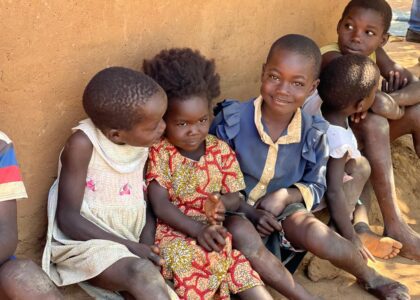
In Uganda, like other East- African countries, Child marriage is one of the significant drivers of
adolescent pregnancy. 8.9 million Girls aged 10–19 are at risk of harmful practices, including
child marriage, teenage pregnancy and FGM, this represent nearly 27% of the country’s total population of 43.7 million; and in a country with the world’s lowest median age of 15 years.
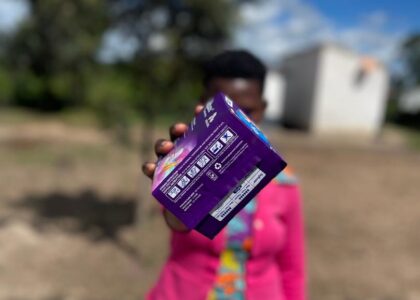
Period poverty exacerbates the vulnerability of girls to child marriage. When girls do not have access to menstrual products, they are often forced to stay home from school during their periods. This leads to gaps in their education and limits their opportunities for economic independence. Additionally, the lack of proper sanitation facilities can lead to health issues and infections, further increasing their dependence on others for care and support.